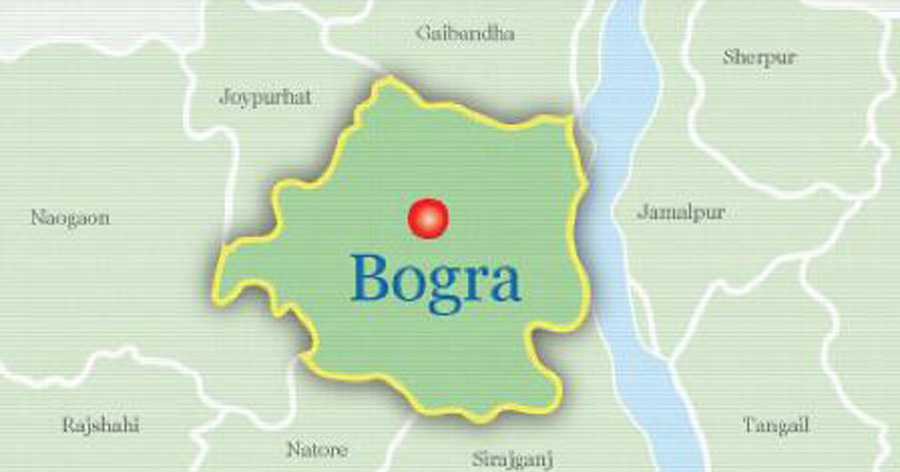
Published :
Updated :

For Bangladesh's agriculture and industrial sector, the "Made in Bogura" tag represents self-pride, offering quality products at competitive prices, along with local innovation.
Light engineering factories and farm machinery workshops in the northern district now meet around 80 per cent of Bangladesh's annual demand for agricultural equipment, with a transaction volume of around Tk 100 billion per year.
Manufacturers say local industrial prowess has reduced Bangladesh's import dependency, as Bogura's agricultural machinery and equipment are now being exported to several countries.
This thriving sector, producing nearly 2,000 types of machinery and equipment, currently employs about 0.5 million people. Besides, roughly 0.1 million families in 16 northern districts are directly or indirectly dependent on it.
Centrally located around the Bogura BSCIC industrial estate, the workshops are scattered throughout the district, including Fulbari, Katnarpara, Gohail Road, Shapla Market and Railway Market.
The machinery produced in Bogura includes irrigation pumps with shallow engines, liner pistons, tube wells, power tiller parts, tractors and paddy harvesters. Metal and shipbreaking scraps serve as the primary raw materials for the industry, sourced from the port city of Chattogram.
The finished products are then distributed to northwestern areas like Pabna, Sirajganj, Natore, Tangail, Rangpur, Rajshahi, Dinajpur, Joypurhat, Lalmonirhat, as well as southwestern regions such as Khulna and Jessore, and northeastern areas like Jamalpur and Mymensingh.
Manufacturers credit the expansion of their businesses to better road connectivity between Bogura and other parts of the country.
The inception of agricultural machinery and light engineering in Bogura can be traced back to a handful of blacksmiths in backyard workshops. In the 1940s, they initiated the endeavour on a small scale by manufacturing small agricultural parts.
Subsequently, in the 1970s, the forges began producing small parts for irrigation equipment. During this time, artisans began inventing agricultural parts one after another. By the 1980s, the development of various types of light engineering equipment continued to surge.
The gradual development of the sector aligns with the support provided by the government.
In 1964, the BSCIC industrial estate was established, spanning 14.5 acres, to support the budding light engineering industry. By 1980, the industrial zone faced a space shortage, prompting authorities to expand to more than 18.67 acres of land. Despite the expansion, the industrial estate ran out of plots in 1990.
Many emerging entrepreneurs then set up their establishments in the neighbouring areas of the estate. Currently, some 85 industrial units operate on 233 plots within the BSCIC industrial zone.
Azizar Rahman Milton, president of the BSCIC Industry Owners Association, said, "Once, people were dependent on imports for agricultural equipment, which was very expensive. But now, farmers are obtaining all kinds of necessary products from local markets."
"Not only that, many products produced in Bogura are being exported abroad. This has opened the door to a new horizon for economic development," he added.
AKM Mahfuzur Rahman, deputy general manager of Bogura BSCIC, said, "The development of the agro-machinery sector in Bogura has transformed the fate of thousands of farmers in Bangladesh. It has also brought about a significant change in the economy."
"Around Tk 100 billion (10,000 crore) is transacted in this sector each year, while about Tk 1.64 billion (164 crore) was collected as VAT and taxes from here last year. Besides, the expansion of farm machinery in Bogura plays a vital role in making the country self-sufficient in food," he told The Financial Express.
Motlubur Rahman, deputy director of the Bogura Agriculture Extension Department, said, "The revolution of agro-equipment industries is considered a blessing for farmers in the northern region. Earlier, farmers used to purchase various agri-equipments from traders at higher prices because they were import-dependent."
"But now, they can obtain all kinds of agricultural machinery from the domestic market," he added.
gmjibon2014@gmail.com


 For all latest news, follow The Financial Express Google News channel.
For all latest news, follow The Financial Express Google News channel.